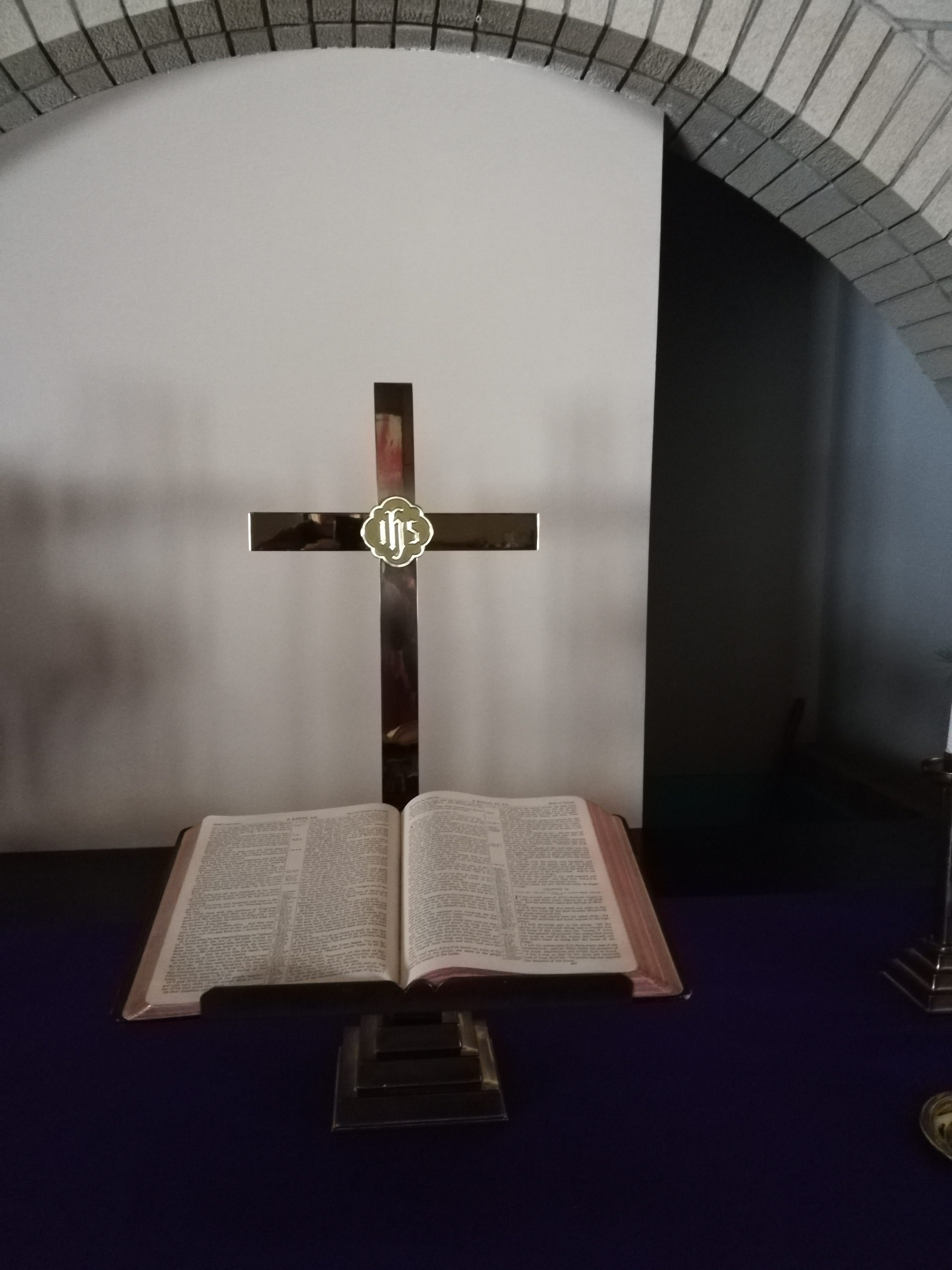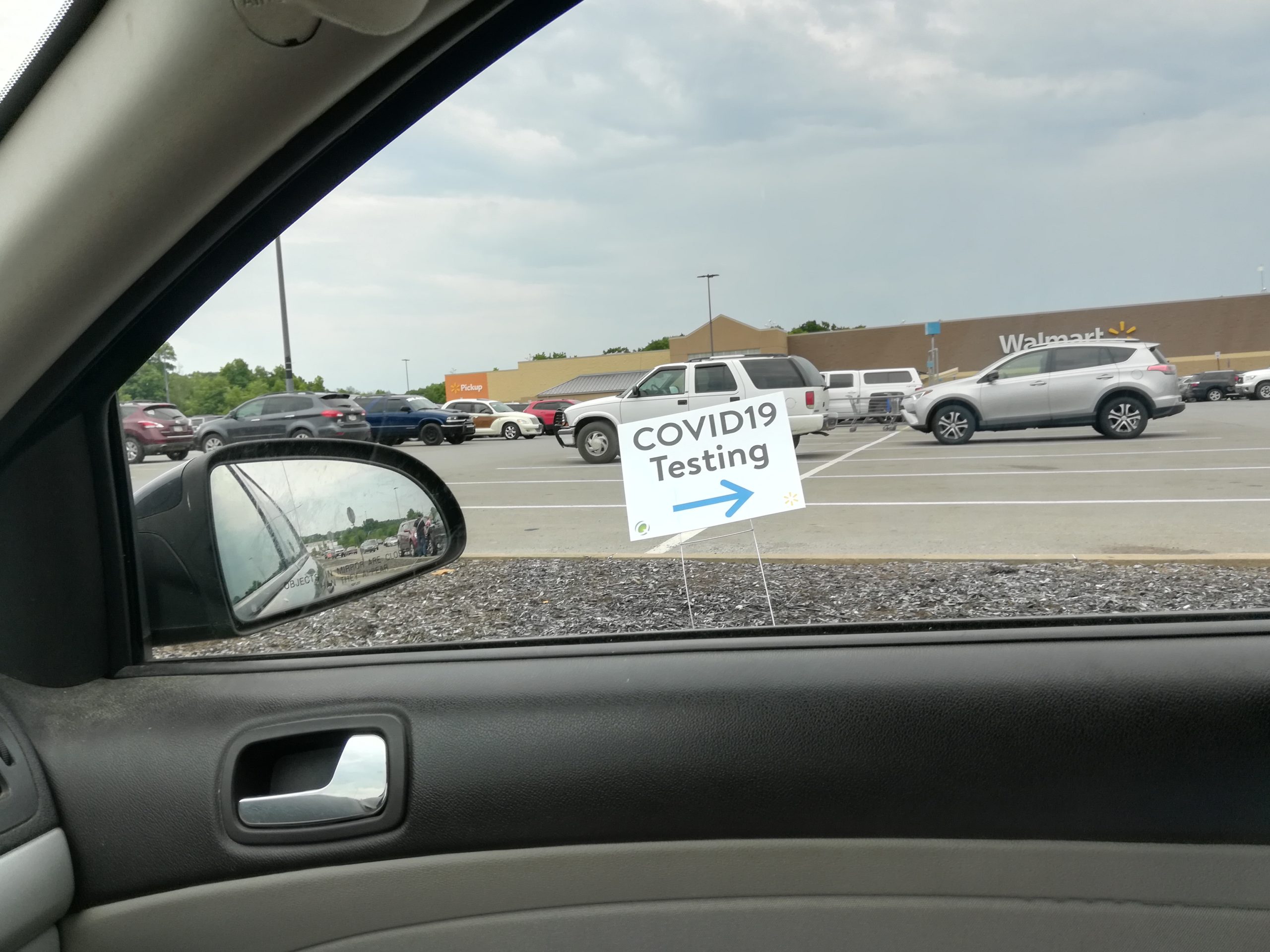Blog Post — When a Nation Fails to Recognize God
Today is the National Day of Prayer in the United States. Even before we officially became a nation the Continental Congress called for a National Day of Prayer in 1775. In fact, a National Day of Prayer was called each year for the duration of our War for Independence.
After many miracles that kept the Continental Army and militias safe from capture, on October 19, 1781 British General Cornwallis surrendered to General George Washington in Yorktown. Just months before the War for Independence officially ended with the signing of the Treaty of Paris on September 3, 1783, General George Washington wrote to General Nathaniel Green, “It will not be believed that such a force as Great Britain has employed for eight years in this country could be baffled in their plan of subjugating it by numbers infinitely less, composed of men oftentimes half starved; always in rags, without pay, and experiencing, at times, every species of distress which human nature is capable of undergoing.”
Washington added in his Farewell Orders, November 2, 1783:
“The singular interpositions of Providence in our feeble condition were such, as could scarcely escape the attention of the most unobserving; while the perseverance of the Armies of the United States, through almost every possible suffering and discouragement for the space of eight long years, was little short of a standing miracle.”
Our Founding Fathers and those colonists turned soldier knew the Hand of God was the only reason the thirteen colonies had been able to defeat the world’s superpower of that time. They knew and fully acknowledged it, unlike our current President!
President Biden issued a National Day of Prayer Proclamation, as every President since it was officially instituted in 1952 has done. However, he failed to mention one key component — to whom were Americans to pray! There was no mention whatsoever of the word “God.” Read it for yourself.
Here’s a little history from Bill Federer’s American Minute:
President Washington declared a National Day of Prayer after the Whiskey Rebellion.
President John Adams declared two National Days of Prayer and Fasting when France threatened war.
President Madison declared two National Days of Prayer and a National Day of Fasting during the War of 1812.
President Tyler proclaimed a National Day of Prayer and Fasting when President Harrison died in office.
President Taylor declared a National Day of Prayer and Fasting during a cholera epidemic.
President Buchanan declared a National Day of Prayer and Fasting to avert civil strife.
In 1863, Lincoln stated in his National Day of Prayer and Fasting Proclamation:
“The awful calamity of civil war, which now desolates the land, may be but a punishment inflicted upon us for our presumptuous sins…
We have forgotten God. We have forgotten the gracious Hand which preserved us in peace, and multiplied and enriched and strengthened us; and we have vainly imagined, in the deceitfulness of our hearts, that all these blessings were produced by some superior wisdom and virtue of our own.
Intoxicated with unbroken success, we have become too self-sufficient to feel the necessity of redeeming and preserving grace, too proud to pray to the God that made us!
It behooves us then to humble ourselves before the offended Power, to confess our national sins and to pray for clemency and forgiveness.”
When Lincoln was shot, President Andrew Johnson proclaimed a Day of Prayer.
When President McKinley was shot, President Theodore Roosevelt declared a National Day of Prayer.
In 1918, when the U.S. entered World War I, President Wilson proclaimed a National Day of Prayer and Fasting:
President Calvin Coolidge declared a National Day of Prayer at the death of Warren Harding.
On December 21, 1941, President Franklin D. Roosevelt stated:
“I have set aside a Day of Prayer, and in that Proclamation I have said: ‘The year 1941 has brought upon our Nation a war of aggression by powers dominated by arrogant rulers whose selfish purpose is to destroy free institutions….”
Then in 1952, President Harry Truman made the National Day of Prayer an annual event.
President Eisenhower had a Back-to-God Program and put “under God” into the Pledge of Allegiance.
President Nixon had a National Day of Prayer when Apollo 13 had a life-threatening explosion in space.
President Reagan made the National Day of Prayer the first Thursday in May, saying:
“Americans in every generation have turned to their Maker in prayer…
We have acknowledged both our dependence on Almighty God and the help He offers us as individuals and as a Nation…
Now, Therefore, I, Ronald Reagan, President of the United States… do… proclaim MAY 5, 1988, as a National Day of Prayer. I call upon the citizens of our great Nation to gather together on that day in homes and places of worship to pray.”
____________________________
Let’s join together in the prayer voiced by the late Senate Chaplain Peter Marshall on January 13, 1947:
“The choice before us is plain: Christ or chaos, conviction or compromise, discipline or disintegration. I am rather tired of hearing about our rights…The time is come to hear about responsibilities… America’s future depends upon her accepting and demonstrating God’s government.”
Then on May 22, 1947, during the 80th Congress, Chaplain Peter Marshall offered the prayer: “God of our fathers, give unto us, thy servants, a true appreciation of our heritage, of great men and great deeds in the past, but let us not be intimidated by feelings of our own inadequacies for this troubled hour. Remind us that the God they worshiped, and by whose help they laid the foundations of our Nation, is still able to help us uphold what they bequeathed and give it meaning.”
Amen and Amen!!





